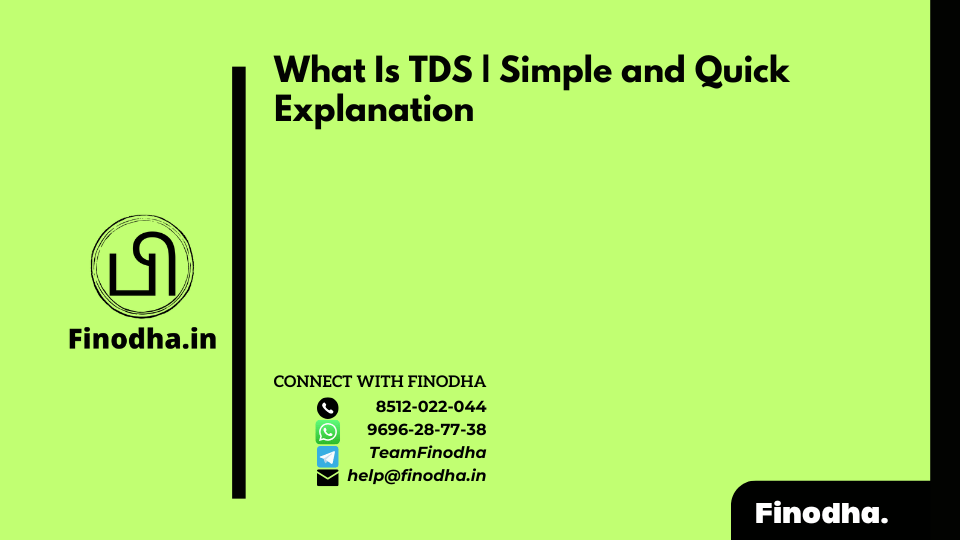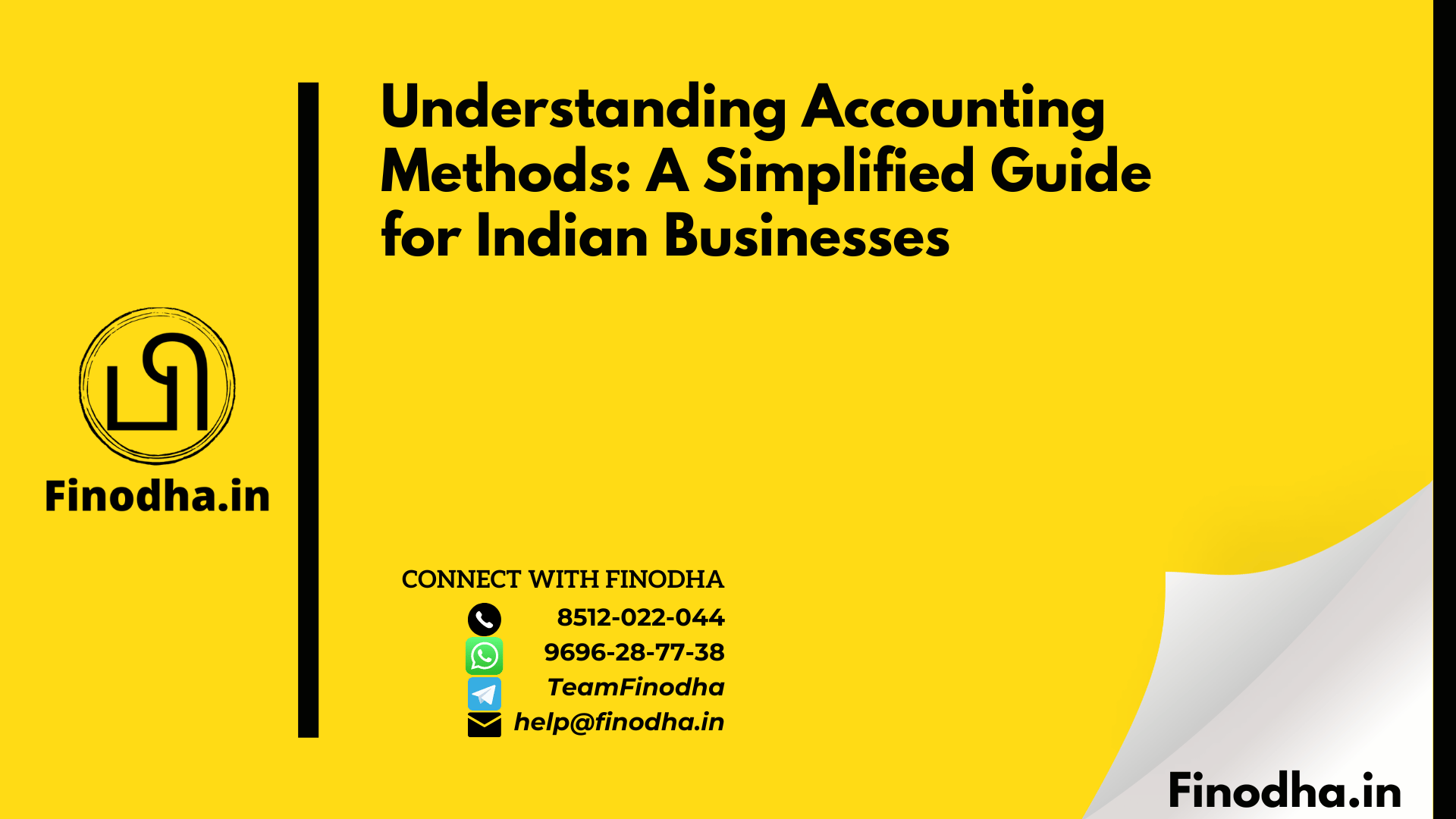Important Keywords: Accounting method, Cash accounting, Accrual accounting, Hybrid accounting, Income Tax Act, Financial reporting, Cash flow management, Indian businesses, Recording income, Accounting guidelines.
Headings:
- Introduction
- What is an Accounting Method?
- Definition and Importance
- Types of Accounting Methods
- Cash Accounting Method
- Explanation and Application
- Benefits and Limitations
- Accrual Accounting Method
- Explanation and Application
- Benefits and Limitations
- Hybrid Accounting Method
- Definition and Usage
- Incorporating Other Special Accounting Methods
- Recording Income as per the Income Tax Act
- Guidelines for Different Heads of Income
- Accrual Method vs. Cash Method
- Example: Accounting Methods in the Indian Context
- Key Takeaways
- Conclusion
- Important Keywords for SEO
Short Paragraphs:
Introduction:
An accounting method refers to the approach a company follows to report its revenues and expenses. The two primary accounting methods used worldwide are cash accounting and accrual accounting. Cash accounting records transactions when cash is received or paid, while accrual accounting records revenue and expenses when they occur, regardless of cash flow. Understanding these methods is crucial for Indian businesses to manage their financial reporting effectively.
What is an Accounting Method?
An accounting method is a system used by businesses to report their financial activities. It determines when revenues and expenses are recognized in the financial statements. The choice of accounting method can significantly impact a company’s financial picture and performance evaluation. The two main methods are cash accounting and accrual accounting, each with its own advantages and limitations.
Cash Accounting Method:
Cash accounting is a straightforward method commonly used by small businesses. It records transactions when cash is exchanged, such as when a payment is received or a bill is paid. This method provides a clear picture of a company’s cash flow and is suitable for businesses with simple financial operations. However, it may not accurately represent the financial health of a company, as it does not consider credit sales or outstanding expenses.
Accrual Accounting Method:
Accrual accounting follows the matching principle, which aims to match revenues with related expenses. It recognizes revenue when it is earned and expenses when they are incurred, regardless of cash flow. Accrual accounting provides a more comprehensive view of a company’s financial position by considering credit sales, outstanding bills, and future obligations. It is widely used by larger businesses and is mandated for certain income categories under the Income Tax Act.
Hybrid Accounting Method:
The hybrid accounting method combines elements of both cash and accrual accounting, along with other specialized accounting methods. This approach allows businesses to customize their internal accounting processes and meet specific reporting requirements. It is often used for internal purposes and for tax compliance.
Recording Income as per the Income Tax Act:
The Income Tax Act, 1961, provides guidelines for recording income under different heads. Salaries, income from house property, and capital gains must be recorded using the accrual method. For business profits, investment income, professional income, and other sources of income, businesses can choose between cash and accrual methods as per section 145 of the Income Tax Act.
Example:
In India, a retail business may use cash accounting to record sales and expenses based on actual cash transactions. On the other hand, a construction company may utilize accrual accounting to account for revenue earned from long-term projects and recognize expenses as they are incurred, even if the payment is yet to be received.
Key Takeaways:
- Accounting methods determine when revenues and expenses are recognized.
- Cash accounting records transactions when cash is exchanged, providing a clear view of cash flow.
- Accrual accounting matches revenues with related expenses, offering a comprehensive financial picture.
- The hybrid method combines elements of cash and accrual accounting, catering to specific reporting needs.
- The Income Tax Act provides guidelines on using accrual or cash accounting for different types of income.
Conclusion:
Choosing the right accounting method is crucial for Indian businesses to accurately reflect their financial performance and comply with the Income Tax Act. While cash accounting is simpler, accrual accounting provides a more comprehensive view. The hybrid method offers flexibility, allowing businesses to adapt their accounting practices. Understanding these methods will help businesses make informed decisions and effectively manage their financial reporting obligations.
Capital gains (21) CGST (280) Chapter VI-A (15) e-Compliance Portal (21) E-Verify (20) economic growth (19) F&O Trading (29) F.No.354/117/2017-TRU (23) F. No. CBIC-20001/4/2024-GST (15) Financial planning (13) financial stability (16) GST (1458) IGST (223) Income from House Property (17) Income Heads (16) Income Source (14) Income tax (109) Income Tax Account (15) Income Tax Filing (20) Indian context (22) Indian investors (16) ITR-3 (19) ITR Form (20) P&L Statement (24) PAN (13) Risk Management (19) Salary Income (19) Section 7(1) UTGST Act 2017 (14) Section 8(1) UTGST Act 2017 (26) section 9 (18) section 10 (28) section 15 (13) section 25 (17) section 39 (24) section 49 (16) section 50 (16) section 51 (13) Section 52 (16) Section 54 (13) section 73 (21) section 74 (22) SGST (223) Speculative Income (14) Trading Income (33) UTGST (78)

Tax Payable on 50 Lakhs Income | Find Out Now

How to Register Private Limited Company in India

What Is Accounting | Basics Simply Explained

What Is TDS | Simple and Quick Explanation

Mastering Inventory Management: The Key to Streamlined Supply Chains

Understanding Invoices: The Backbone of Business Transactions

